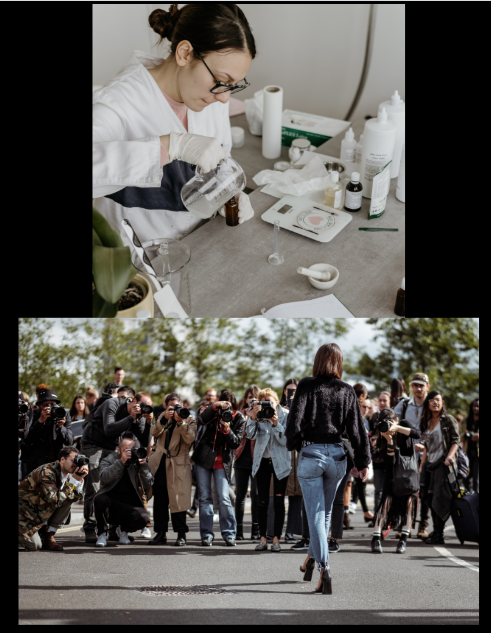Chapter 17: Gatekeepers, Not Experts
During the Second World War, Allied governments wanted to convince their populations to eat organ meats, like liver and stomach to help support rationing.
A series of studies was headed up by Kurt Lewin. Initially he tried having experts present lectures on why people should buy these types of meat, but such presentations had little effect.
In other experiments he found that discussions headed by someone considered important or popular in the community had a greater impact. He then presented his idea of Gatekeepers. People or organizations that control how and what information is introduced and accepted among certain communities.
[Additional Notes by Jay Nichols] The most interesting aspect of Lewin’s studies is that often Gatekeepers are not experts, thus persuasion is not based on knowledge or expertise. This allows people to lead large groups in areas they know little or nothing about. Consider the many surges of anti-vaccination led by non-medical professionals. They are gatekeepers that influence communities, but they are not experts.
Notes on the heading:
It seems each generation and niche of people has their own influencer elected by popularity. The one trait such influencers have in common is a cult of charisma; however, as stated in the heading, rarely do these people have expertise in the trends they lead. Since the boom of movies actors and actresses have set the standards of fashion and beauty.
In a discarded chapter heading I mention the impact Humphrey Bogart had on men’s fashion. In one of his movies, he unbuttons his white shirt to reveal he had no undershirt beneath. The impact on the clothing market was immediate and dramatic. Within a week of the movie appearing in theaters across the country, sales of men’s undershirts dropped 30%.
Similarly, Jennifer Aniston was given a haircut in the early television show Friends, that she hated; however, the beauty of Jennifer Aniston combined with the popularity of the program led millions of women across America to request The Rachel.
These decisions were not made based by experts, but writers, directors, casting and costume designers, but when they appeared on screen it was done by a Gatekeeper. (I also discuss misguided expertise, how being an expert in one field is leveraged to manipulate another in Chapter 18.)
Industries often try to capitalize on these influencers. They are paid to promote products, wear certain clothes. It’s advertising most people are familiar with. It seems a broken switch in the human social structure. Those who know are ignored in favor of those who are popular.
